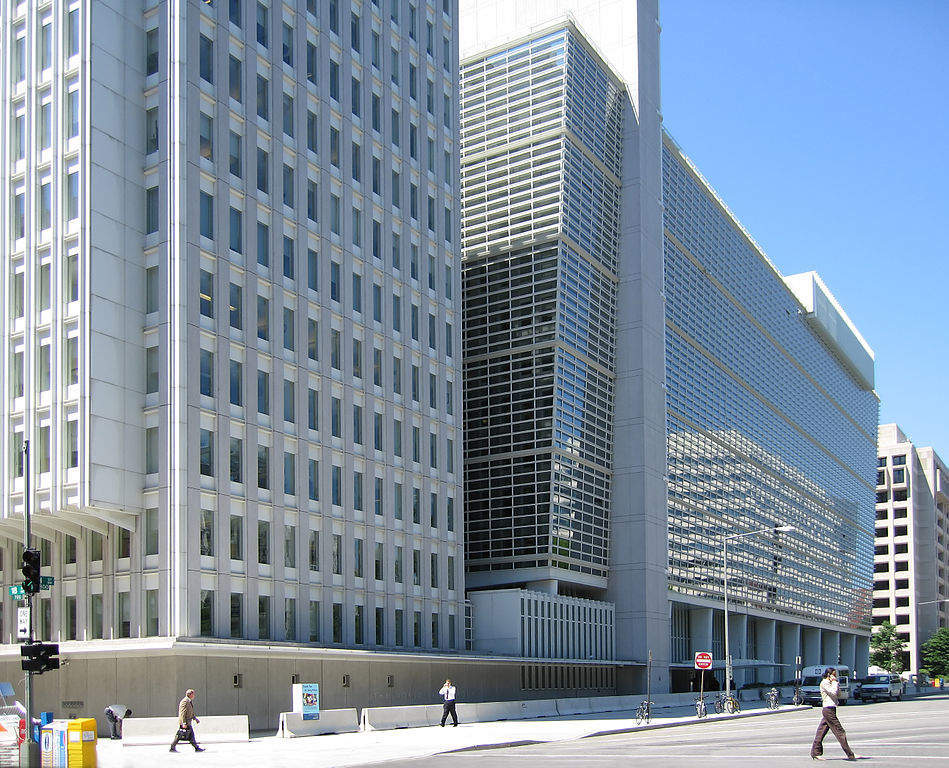The World Bank Group has agreed to provide an investment package of $794.5m for the development of Nachtigal Hydropower project in Cameroon.

Image: The World Bank Group headquarters building in Washington, D.C. Photo: Courtesy of Shiny Things/Wikipedia.org
This package for the development of the Nachtigal Hydropower project will help the country in reaching its goal of providing access to electricity for 88% of its people by 2022.
The hydropower project builds on a sustained, 20 year engagement in the energy sector by the World Bank Group in Cameroon. Once completed, it will increase the country’s electricity generating capacity by 30% and will also provide greater opportunities for the poor.
In the past two decades, the country is claimed to have embarked on several reforms in the power sector to enhance financial viability and attract private sector investment.
The World Bank Group has been instrumental in securing private finance for the Nachtigal Hydropower Project. Guarantees amounting to $300m from the International Bank for Reconstruction and Development (IBRD), $262.5m from the Multilateral Investment Guarantee Agency (MIGA) and equity totaling $70m and loans worth $152m along with currency risk management swaps from the International Finance Corporation (IFC) have been brought together in a package to bring sustainable private sector solutions to the infrastructure sector.
World Bank Cameroon country director Elisabeth Huybens said “This investment in clean energy is key to lowering the cost of electricity and ensuring that Cameroon’s economy is competitive.
“The Nachtigal Project is one of the very few public-private partnership (PPP) hydropower projects in Sub-Saharan Africa that will accelerate Cameroon’s realization of its development goals, including poverty reduction.”
The project will support the Cameroon government’s Vision 2035 to achieve shared growth, and create jobs through increased idustrialisation, improved productivity and better governance.
The hydropower project will also actively contribute to the World Bank Group’s FY17-21 Cameroon Country Partnership Framework (CPF).
